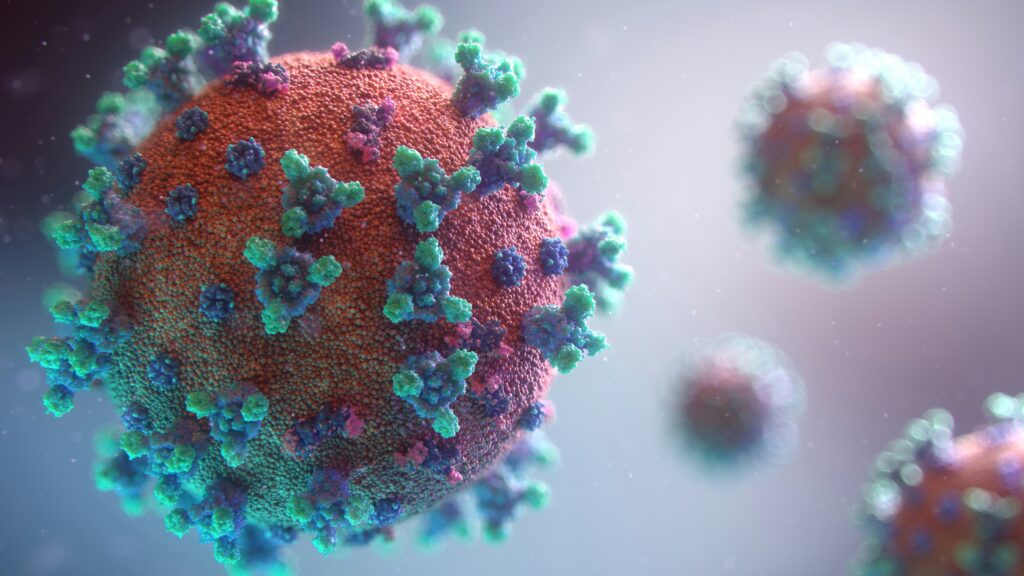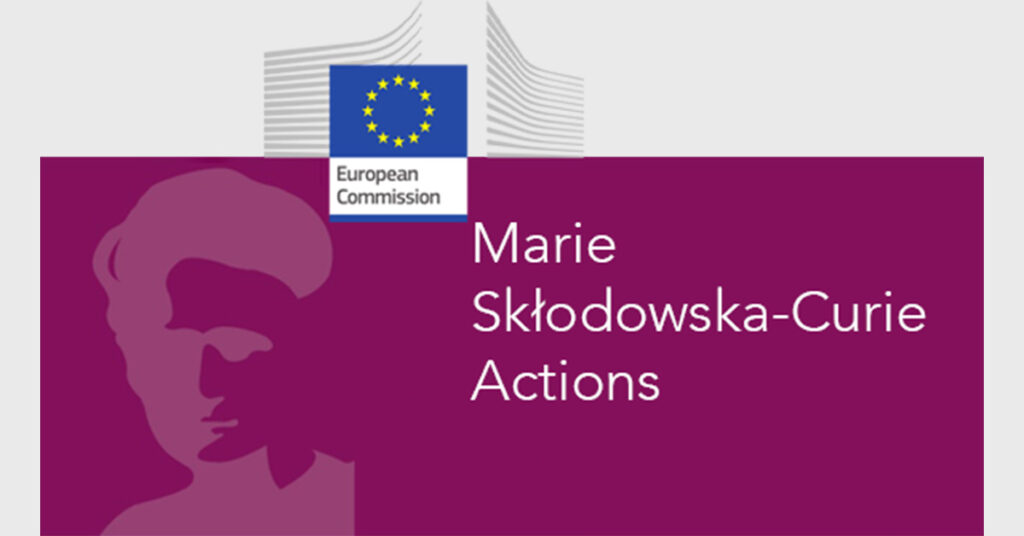- Domaines || de recherche
- Recherche Translationnelle
- Médecine translationnelle transversale (MTT)
- Centre opérationnel de médecine translationnelle (TMOH)
- Service Gestion de projets cliniques (CPMO)
- Centre d'investigation clinique & épidémiologique
- Centre de recherche clinique & translationnelle du Luxembourg (LCTR)
- Biobanque intégrée du Luxembourg (IBBL)
- Disease Modeling & Screening Platform (DMSP)
- Centre du génome Luxgen
- Plateforme de recherche en pathologie (RPP)
- Projets de Recherche
et essais cliniquesSoutenez-nous - Recherche Translationnelle
Actualités
Une bourse Pélican accordée à des doctorants du LIH
Veuillez noter qu’à l’exception du titre et du résumé, cet article est uniquement disponible en anglais.
29 mars 2021
4minutes

Le 9 février, Eleftheria Charalambous et Mohaned Benzarti, qui sont respectivement doctorants dans le Département Infection et immunité (DII) et dans le Département d’oncologie (DONC) du LIH, ont reçu la bourse Pélican 2020 de la Fondation du Pélican de Mie et Pierre Hippert-Faber. Cette subvention soutiendra des activités de formation et de mobilité dans le cadre de leurs projets de recherche sur le microbiome et sur le métabolisme du cancer.
Eleftheria Charalambous, doctoral student in the Immune Endocrine and Epigenetics group at DII, has been exploring how psychosocial adversity endured within the first three years of life can significantly alter the development of tissue-specific microbial communities, thereby influencing psychological and immunological development and affecting the overall long-term health status in the adult. Eleftheria and her group had already shown that the oral microbiome can harbour clear signs of adversity. Through her project “The microbiome in early life adversity”, Eleftheria will seek to identify specific functional differences in the microbiome that arise following early-life adversity and assess whether they can provide insight into the role of the altered microbiota in increasing the risk of lifelong health issues. Specifically, the EUR 6,250 grant will fund her research stay in Prof Ines Thiele’s lab at the National University of Ireland, Galway, where she will model the oral microbial metabolites and metabolic differences induced by exposure to psychosocial adversity in early life in each volunteer of the EpiPath cohort[1], using a dedicated tool developed by the Galway lab.
Creating a personalised microbiome metabolism model of both the salivary and buccal microbiomes for each EpiPath participant will help us understand how these distinct oral communities interact with one another, with the host and with the external psychosocial environment. In order to investigate the functional differences induced by early-life adversity, it is essential that I assimilate the unique techniques available in the Thiele lab. I am therefore very grateful to have been awarded the Pelican Grant, which will support me in developing these critical skills
says Eleftheria.
As for Mohaned Benzarti, PhD candidate within the Cancer Metabolism Group at DONC, his research project “Metabolic re-wiring of cancer cells under glucose-limitation” will look at one of the key metabolic pathways involved in cellular proliferation, namely the one-carbon (1C) metabolism, which is known to be upregulated in many tumours. Specifically, Mohaned will explore how the upregulation of serine catabolism as part of this metabolic pathway allows cancer cells to generate energy to proliferate and survive in conditions of nutrient stress, such as the ones observed in the tumour microenvironment. Mohaned was awarded EUR 2,600 in support of his research project. The grant will allow him to attend a training course held at Imperial College London (UK) in the field of Liquid Chromatography-Mass Spectrometry (LC-MS) metabolomics. The course “Hands-on LC-MS for metabolic profiling” will include trainings on instrument set-up, method development, data acquisition and data analysis.
This training will allow me to design and implement LC-MS methods independently, thereby significantly strengthening my skills as a competent LC-MS user. I am delighted to have received the support of the Pelican Grant, and look forward to the stimulating experiences that this award will unlock
says Mohaned.
The Fondation du Pélican has been awarding the annual Pelican Grant to a number of PhD candidates affiliated with the Doctoral Programme in Systems and Molecular Biomedicine of the Doctoral School in Science and Engineering (DSSE) at the University of Luxembourg since 2011. This grant covers for expenses related to training and professional development and can be used for travel, accommodation and registration costs for conferences, workshops and courses, or to finance short-term stays abroad in the frame of research collaborations.
[1] The EpiPath cohort within LIH is the international reference for early-life psychosocial adversity.
> FONDATION DU PELIAN
The Fondation du Pélican was established in 2010 by retired pharmacist Pierre Hippert and operates under the aegis of the Fondation de Luxembourg. It aims to provide long-term support in the fields of scientific and academic research, as well as in the areas of the arts and letters in the Grand Duchy. Specifically, the foundation contributes to the financing of biomedical research studies by providing scholarships or purchasing equipment.







